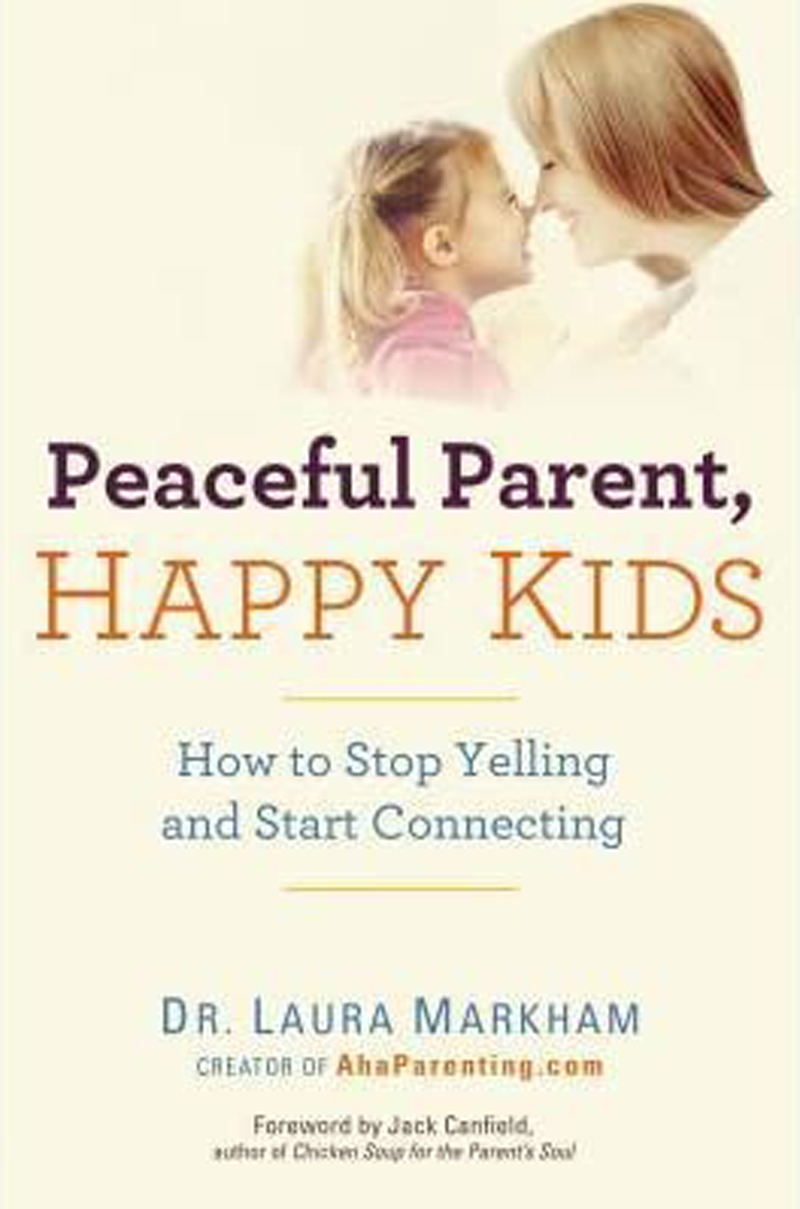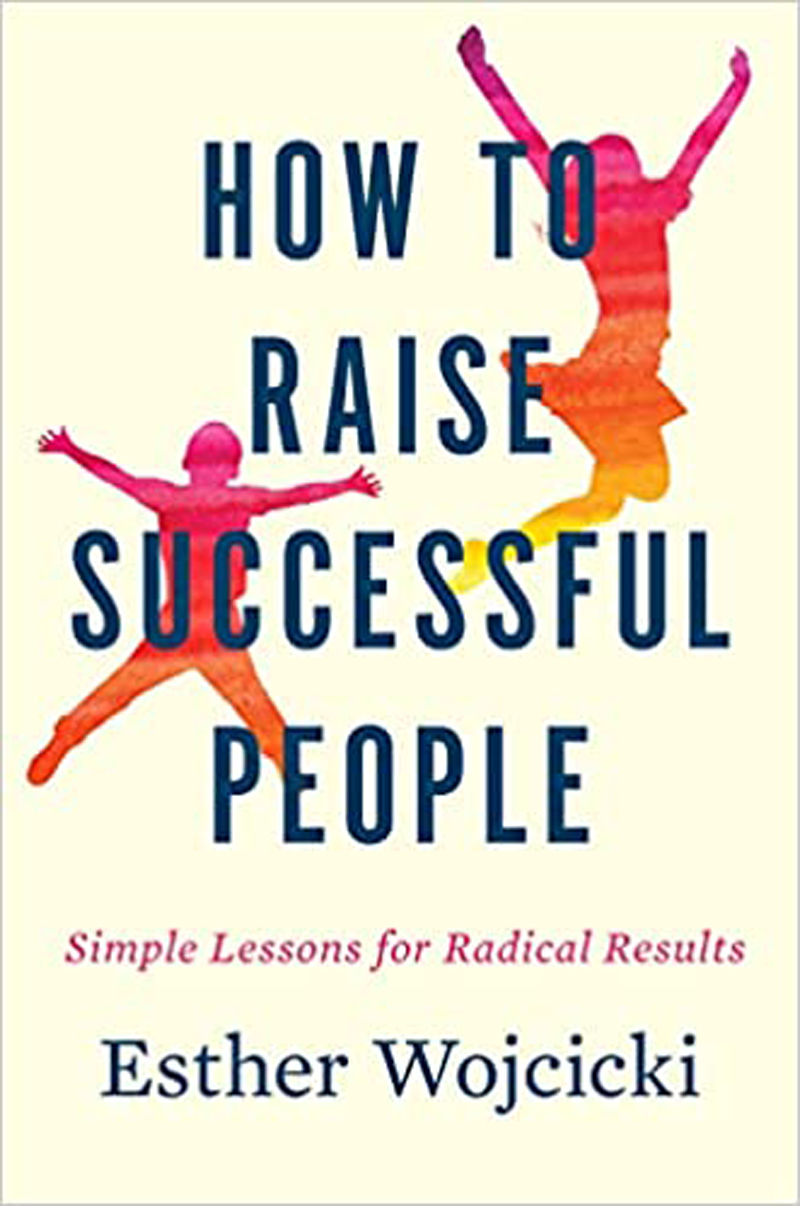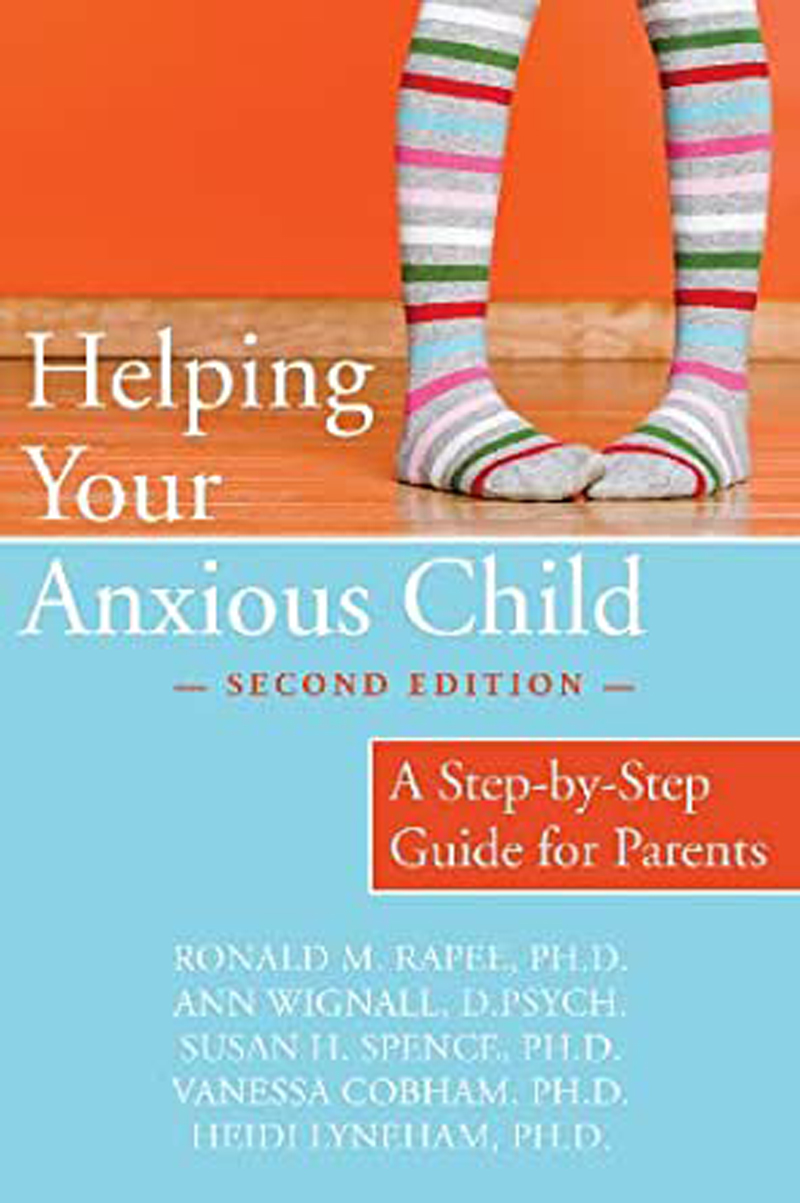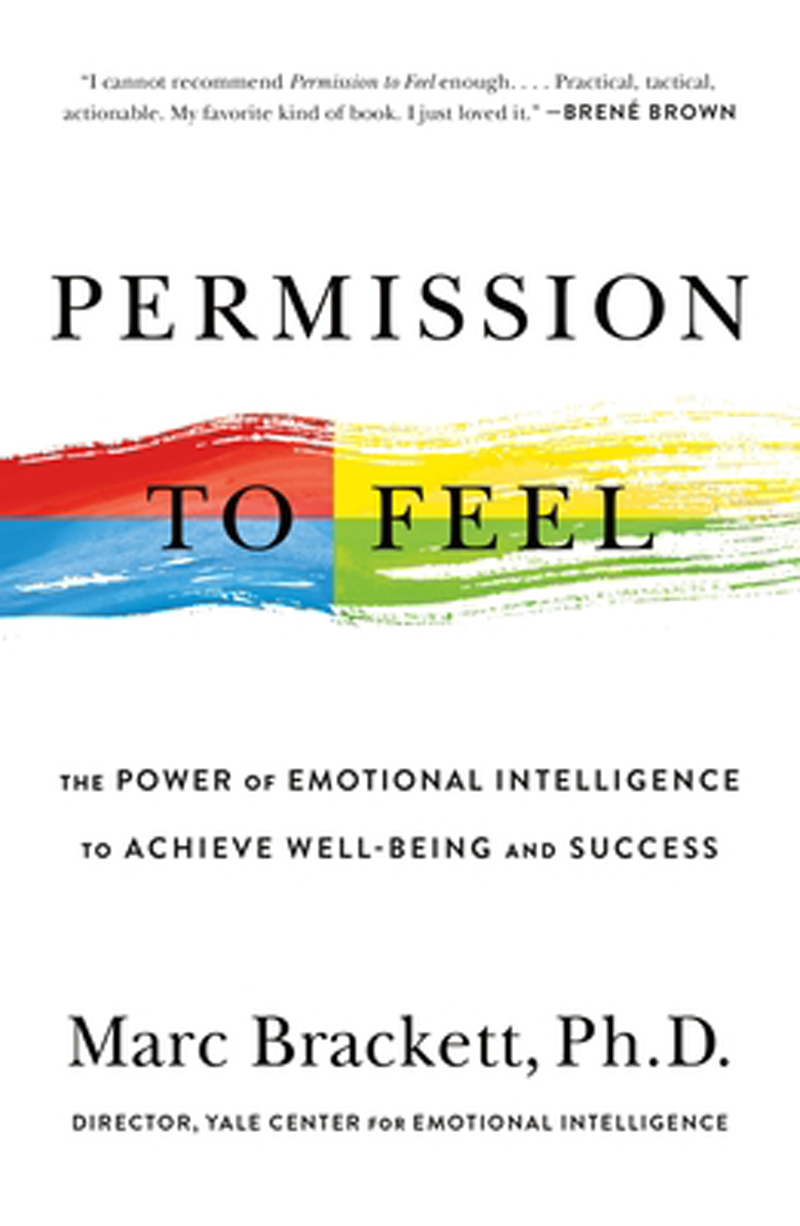In growing up I cant help but compare the way I grew up with my friends but from my own perspective my parent's way is the best that suited me in every aspect. It is not perfect but the imperfection makes it beautiful. I would never wish for any other. I know that they tried their best. But in growing, there are things that affected us greatly by subjective factors specially when we are still young and are prone to feel things we dont understand. So based from my experience, it is not bad to patch the loopholes, to help our parents in parenting ourselves.
I do believe that these books will be a great help for parents, but in some way we need to apply it also to ourselves to effectively pass it to our kids. Kids do the things we do even if we dont tell them to do it. So basically its show-do and tell-show-do technique.
According to Tess Brigham which is a therapist herself, these are the 5 best books to raise your kids into strong and confident individual.
1. Peaceful Parent, Happy Kids: How to Stop Yelling and Start Connecting By Laura Markham
Laura Markman is a psychologist and the creator of popular parenting website AhaParenting.com. Her book emphasizes the importance of fostering an emotional connection with your child. When you have that vital connection, she says, there’s no need to threaten, nag, plead, bribe — or even punish.
As a toddler, Max was different from most kids. He didn’t eat solid foods until he was nine months old and refused to start potty training until he was almost four. Listening to my mommy friends talk about their kids’ milestones made me feel like a complete failure.
But Dr. Markman’s advice released me from my shame and reminded me that being a good parent has nothing to do with what other kids are or aren’t doing. It’s about nurturing an emotional connection with your kid and celebrating the things that make them unique.
2. ‘Daring Greatly: How the Courage to Be Vulnerable Transforms the Way We Live, Love, Parent and Lead By Brené Brown
“Daring Greatly” is based on Brené Brown’s research about vulnerability, something that most view as a weakness. But when we avoid vulnerability, we actually distance ourselves from the experiences that bring purpose and meaning to our lives.
What I love about this book is that you don’t need to be a parent to benefit from it. A powerful question Brown asks is, “Are you the adult that you want your child to grow up to be?” If you don’t have kids yet or don’t plan to at all, it’s important to realize that who you are as a person greatly influences the people — friends, family, colleagues — around you.
Brown also offers this great reminder to parents: “Raising children who are hopeful and who have the courage to be vulnerable means stepping back and letting them experience disappointment, deal with conflict, learn how to assert themselves, and have the opportunity to fail.”
3. ‘How to Raise Successful People: Simple Lessons for Radical Results’ By Esther Wojcicki
If there’s one person who knows good parenting, it’s Esther Wojcicki — mother of three super successful daughters: YouTube CEO Susan Wojcicki, 23andMe founder Anne Wojcicki and UCSF doctor and researcher Janet Wojcicki.
“How to Raise Successful People” isn’t your typical instructional parenting manual. It combines proven research and personal stories from Wojcicki’s own experience as a mother. (If you haven’t already, I highly recommend reading her piece for CNBC Make It on the biggest mistake parents make.)
Wojcicki’s advice to parents is actually quite simple: Relax. The “parenting anxiety” epidemic has gotten worse over the years, and it’s not doing our kids any good. More importantly, she shares her secret to raising successful people: “T.R.I.C.K.,” which stands for trust, respect, independence, collaboration and kindness.
4. ‘Helping Your Anxious Child: A Step-by-Step Guide for Parents’ By Ronald M. Rapee, Ann Wignall, Susan Spence, Vanessa Cobham, Heidi Lyneham
Max’s struggles became more apparent when he reached elementary school: He had panic attacks, social anxiety and would often take more than an hour to get ready for school. It got so bad at one point that he needed to be placed in independent study for a few months.
At first, I was heartbroken and didn’t know what to do. I was also frustrated by the fact that, even though I spent my days talking to my patients about their anxiety issues, I had no idea how to help my son cope with his own.
But “Helping Your Anxious Child,” which Max’s psychiatrist recommended, changed my perspective. Reading similar stories from other parents made my husband and I feel less alone in our own panic and worries.
It’s an ongoing process, but my husband and I are getting much better at communicating with Max about his anxiety, which is crucial. We’ve also noticed significant improvements in his ability to manage his own emotions.
5. ‘Permission to Feel: Unlocking the Power of Emotions to Help Our Kids, Ourselves and Our Society Thrive’ By Marc Brackett
Marc Brackett, a professor at Yale University’s Child Study Center and director of the Yale Center for Emotional Intelligence, outlines what I’ve found to be a remarkably effective strategy for not just cultivating my son’s emotional intelligence, but also deepening my own.
Brackett’s approach to teaching emotional intelligence is called “R.U.L.E.R.” — an acronym for five key skills:
Recognizing emotions in oneself and others Understanding the causes and consequences of emotion Labeling emotions with precise words Expressing emotions, taking context and culture into consideration Regulating emotions effectively to achieve goals and well-being Emotional intelligence is one of the most valuable skills you need to succeed today — and the sooner you help your child develop it, the more they’ll be able to achieve in the future.




